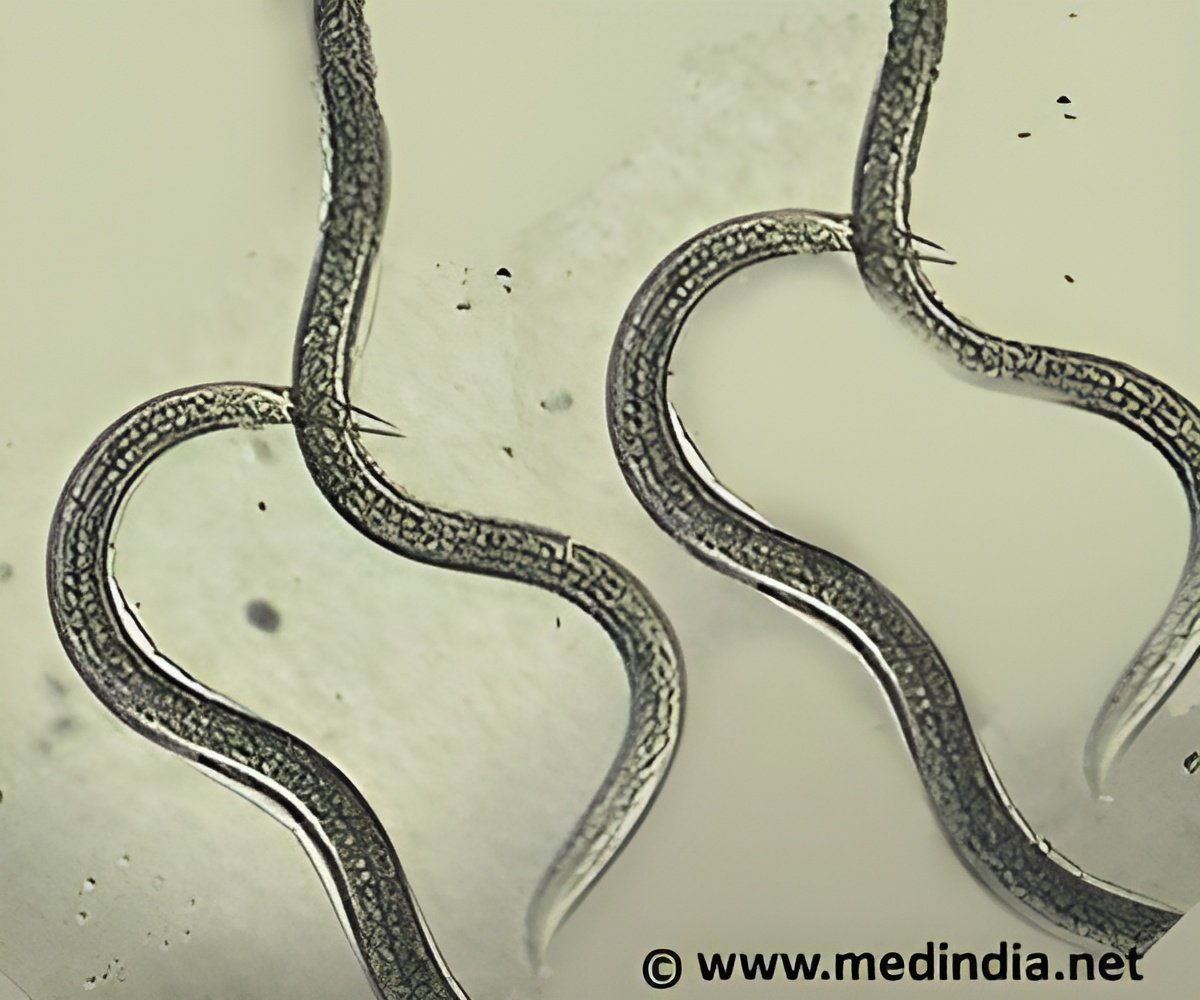Researchers have used nematode worms to reverse certain important traits associated with cancer cells.

To make this discovery, Dr. Fay and his colleagues used a strain of nematode worms that carried a mutation in a gene similar to one that is inactivated in many human cancers. This gene, called "LIN-35" in worms and "pRb" in humans, is thought to control at least several aspects of tumor progression including cancer cell growth and survival. The researchers systematically inactivated other individual genes in the genome of the mutant LIN-35 worms. As they deactivated various genes, scientists identified those that led to a reversal of defects caused by the loss of LIN-35, suggesting that they could be used as targets for anti-cancer therapies.
"This research is important because it offers possible new ways to shut down the genetic machinery that contributes to cancer growth and progression," said Mark Johnston, Ph.D., Editor-in-Chief of the journal GENETICS. "The causes of cancer are complex and varied, so we must approach this disease from many angles. Using simple 'model organisms,' such as nematode worms to find new drug targets, is becoming an increasingly important and effective strategy."
As a companion piece to this article, the journal GENETICS debuts a new educational resource called a Primer. The Primer article, written by Elizabeth A. De Stasio, Ph.D., of Lawrence University in Appleton, Wisconsin, provides guidelines for genetics instructors who want to use this contemporary research on nematode worms to teach their students about genetics concepts. The Primer includes background biological information on the worms, explanations of concepts used, and a sample approach to using the article in the classroom with questions for discussion. Additional Primers for instructional use will follow in future issues of GENETICS.
Source-Eurekalert















